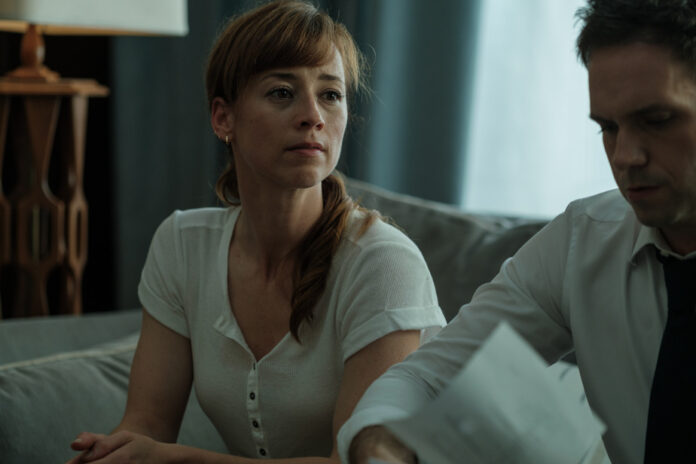Is our TV good enough to conquer our neighbors to the south? Yes, Quebec producers unanimously answer.
According to them, the quality of Quebec series in no way explains their difficulties in breaking into the American market. “It’s not about the product,” emphasizes Alexandre Avon, vice president of international distribution for Amuz Distribution, a division of ComediHa!
Same story with Josée Vallée, executive vice-president of fiction and feature films at Sphère Média. “Our TV is daring compared to the series that you can see on CBS, ABC and all the mainstream [American] channels,” she says.
Sphère Média has also succeeded in selling the broadcasting rights of Transplant, its English-language series with Laurence Lebœuf, to the NBC network in 2020. The American channel recently announced that it will soon broadcast the third and fourth seasons of the medical drama shot to Montreal. “Do we take advantage of the strikes [which paralyze all Hollywood production]? Maybe. But NBC has been broadcasting Transplant since year one, and not in just any time slot: in the evening at prime time, ”recalls Josée Vallée.
Could the success of Transplant open the door to the English-Canadian adaptation of Plan B, starring Patrick J. Adams, Karine Vanasse and François Arnaud, which CBC aired last winter? Knowing that the work of the screenwriters has already found an echo in Belgium, France and Germany, one might think so. But nothing is guaranteed.
According to several producers, the performances of Quebec series across the Atlantic prove that our television can compete with the offer of any other country on the international scene. In recent years, series such as Boomerang, Like-moi, 30 vies, Les Parent, Les beaux malaises, Les Bougon, Pour Sarah and Fugueuse have all been adapted in Europe.
And others, like Audrey came back and C’est comme ça que je t’aime, were presented in their original version with subtitles.
Despite our low success rate, most Quebec producers continue to knock on the doors of Hollywood. “We have to keep insisting,” said Nicola Merola, president of Pixcom [La faille, Victor Lessard]. It’s super important. Each year, we set aside a budget to do canvassing everywhere outside Quebec. »
“I remain optimistic,” says Alexandre Avon of ComediHa! Some breakthroughs should be announced in the coming months. »
For her part, Josée Vallée believes that the future is bright. The international rise of directors like Denis Villeneuve, Philippe Falardeau or the late Jean-Marc Vallée, and actresses like Sophie Nélisse (Yellowjackets) attracts attention. The rise of Netflix, and the foreign series it relays, would also have helped to “open up” Americans to “other tones and other accents”, indicates the producer.
“American distributors are interested in what we do. We’re still on their radar,” she said.
To promote a possible breakthrough of original Quebec productions in the United States, financial assistance will be required, believes Martin Petit, creator of Fishermen, which Netflix adapted in 2020 (The Cabin). “It’s not because we don’t have ideas. In the 1990s, Quebec modern dance exported more shows than scripts. »
“We need more export incentives. Institutions must participate in the financing of programs with an envelope that rewards the invention of TV formats. We should put exports at the heart of our industry. Otherwise, hoping for results is like hoping to be fit without going to the gym. »
In addition to importing very, very few foreign shows, Americans play hardball with their foreign competitors.
In the fall of 2018, the Fair-Play Group cherished great export hopes for Révolution. With its 128-camera system that can create 360-degree images of the dancers, the show was a hit. The following summer, by coincidence, Fox announced that it was refreshing its veteran dance competition, So You Think You Can Dance, by adding (you guessed it) a circular stage lined with lights and equipped with 120 cameras. capable of taking 360 degree images of the dancers.
The Fair-Play Group has never taken legal action against So You Think You Can Dance or against Fox, and the company has nevertheless managed to export its concept to a few countries (Russia, China, Lithuania), but nonetheless. This situation has certainly slowed the sales of Revolution.















